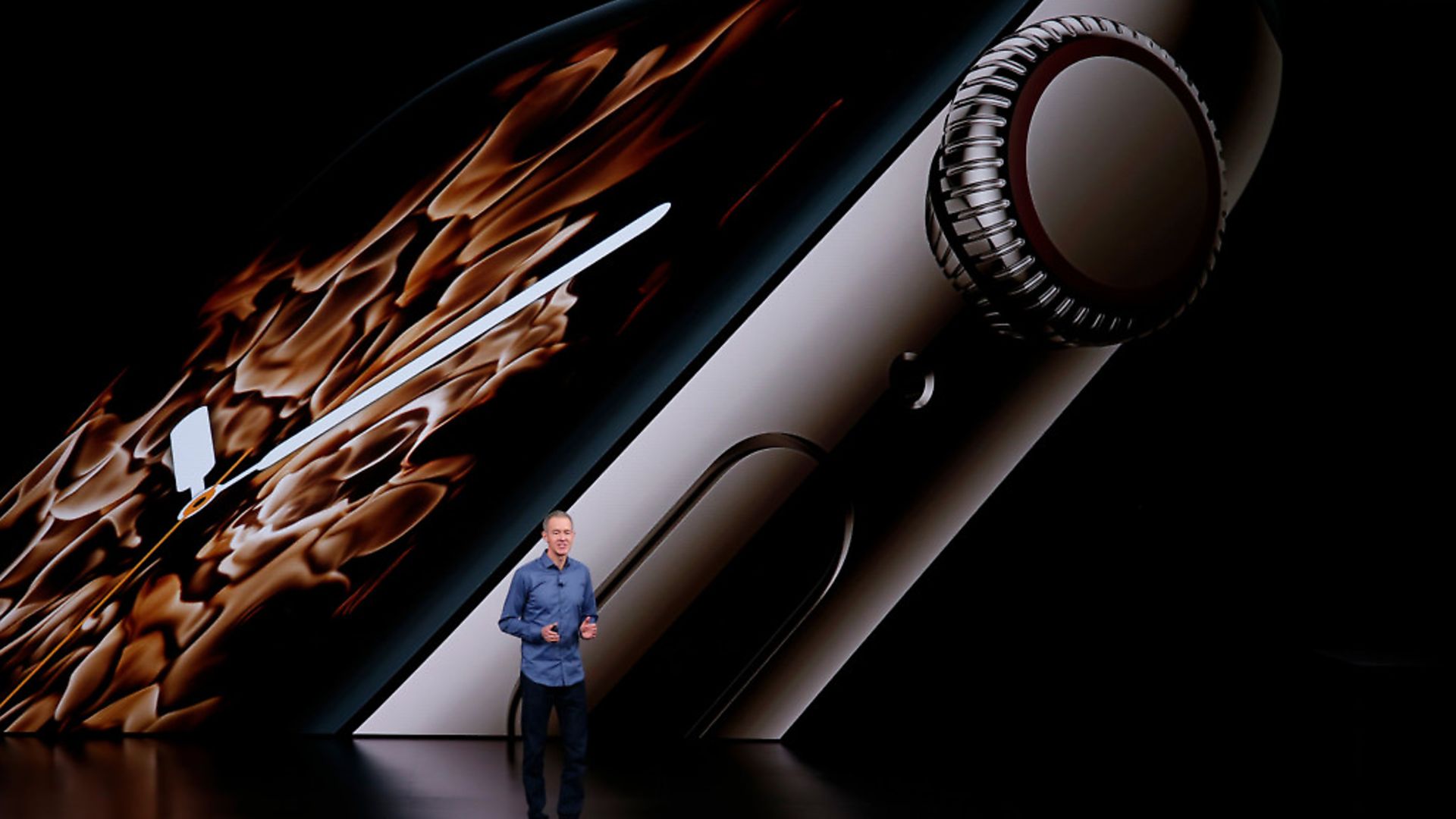
Finding fault with iPhones because they are too big for women’s hands is not a ‘first world problem’, says CAROLINE CRIADO PEREZ. It is a symptom of a tech industry that is failing women.
This week I’ve mainly been annoyed about Apple’s announcement that it was discontinuing the iPhone SE – the only model they make that fits the average woman’s hand size (and pockets). Yes, yes I know what you’re thinking. Get a real problem, lady, and why do you need an iPhone anyway?
Well, for a start, like a great number of people in Britain, I need a smartphone for work. And I happen to like the iPhone: I find it intuitive to use (unlike every Android I’ve ever tried).
So, yes, when I found out Apple was phasing out the only iPhone model it makes that doesn’t give my woman-sized hands RSI, I was annoyed. After all, women pay the same price for these products as men, why shouldn’t we expect them to fit our bodies?
But this is about more than a handset. It is a symptom of a much wider problem, and that is that we live in a world where, from medication to cars to phones, we design around male bodies. And the ramifications of this are much more serious than a bad case of RSI.
The tech industry likes to think of itself as hip and progressive: all jeans, hoodies, and clean living. But the truth is, tech is a toxic industry for women. It is almost as noted for its sexual harassment suits as it is for its penchant for brightly coloured beanbags. Highly-qualified women leave tech in droves, not only because of sexual harassment, but because of straight-up sexism: their ideas are dismissed, they are passed over for promotion. Bro-culture is pervasive.
This male-dominated culture has an impact on what the tech industry produces. From virtual reality headsets that are too big for women’s heads, to word-embedding algorithms that think ‘man is to computer programmer as woman is to homemaker’, to software that won’t let a woman into the female changing-room because she’s a ‘Dr’ and therefore obviously a man, examples of sexist tech abound.
And Apple is one of the most notorious offenders. When Siri was released in 2011, she could tell you where your nearest Viagra stockist was, but not your nearest rape crisis centre. Apple’s supposedly ‘comprehensive’ health app, released in 2014, could track your copper intake, but not your period. Its top of the line $5 billion headquarters, opened in 2017, included a wellness spa and custom door handles (for whose hands, I wonder?) but not a crèche. Admittedly, this latter example isn’t exactly tech, but it does nevertheless suggest that Apple has an institutional woman problem.
This is the culture in which the iPhone SE is being phased out – and into which a potentially more seriously gender-biased product is being introduced. Most of the headlines surrounding the latest Apple launch focused on an exciting new development in the Apple Watch: an ECG capability that has been FDA-approved as a medical device. But there is reason for women to be sceptical.
A study by the creators of DeepHeart, the algorithm the Apple ECG uses, mentions a cohort of ‘14,011 users of a popular Apple Watch app’ but makes no mention at all of the sex of these participants. (I tracked down the original study it was based on and found that the number of female participants was a low 31%.) Did DeepHeart’s developers consider this?
The study submitted to the FDA for approval of the ECG in the Apple Watch is slightly better in that it at least mentions that its participants were 63% male, but that’s it for sexed analysis. The data is not sex-disaggregated and there is therefore no way of knowing how the product works for women versus men.
This is deeply concerning. Women are 50% more likely than men to have their heart attack misdiagnosed and are more likely to die following a heart attack. This is partly because the diagnostic tests (including ECGs) and treatments we have developed have been based on male data and they therefore simply do not work as well for women.
And now Apple has added to this shameful and dangerous history of developing medical products based on male data. What makes it even worse is that Apple Watch’s ECG is only licensed to detect atrial fibrillation – which is more deadly in women than in men.
The discontinuation of the iPhone SE isn’t the end of the world, but it is a manifestation of a much more serious problem. It is a symptom of a world where we design for men – and as a consequence, women die.
This is not a dilettante, ‘first world’ issue. Male-biased thinking is a serious problem that impacts on every part of our lives. Apple is a huge, profitable, and innovative company. It can and it should buck the trend here. It can and it should do better.









